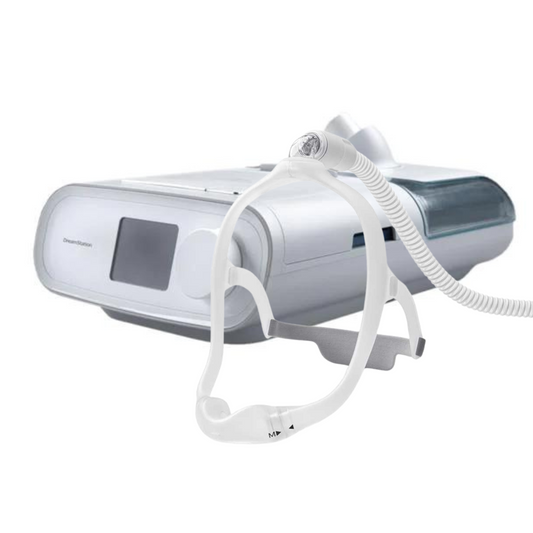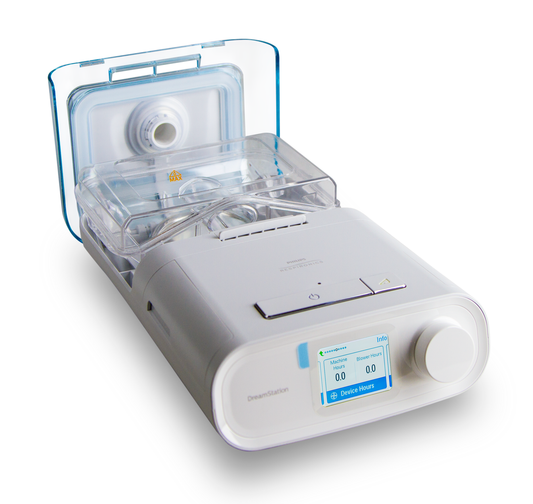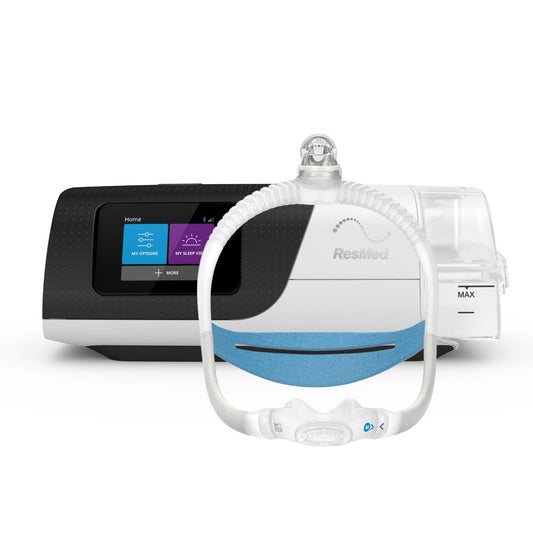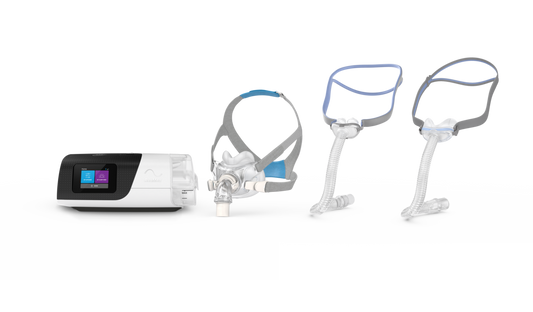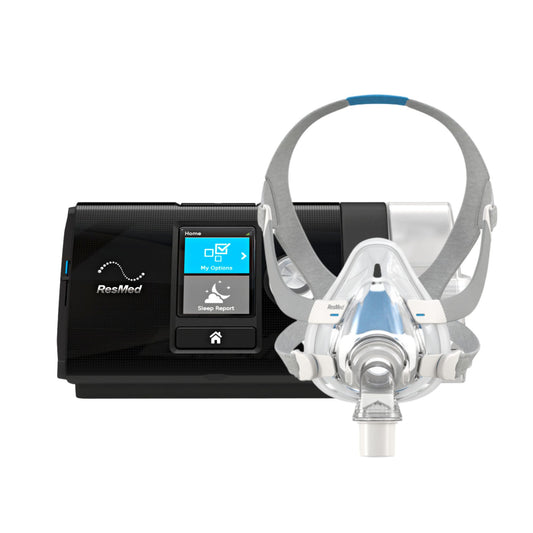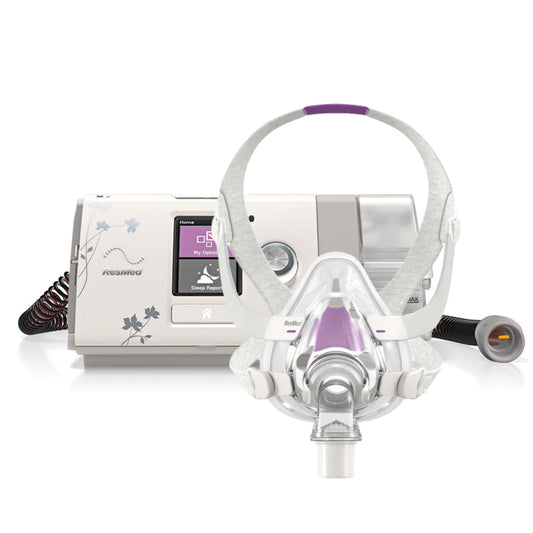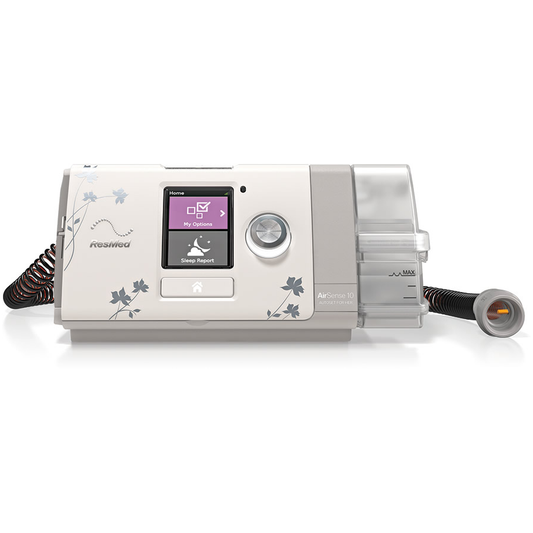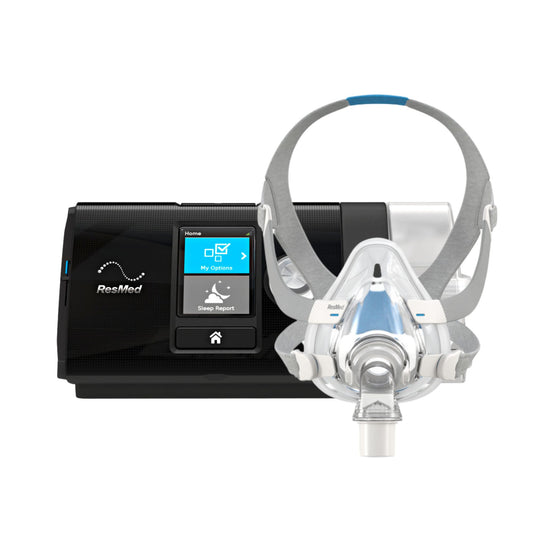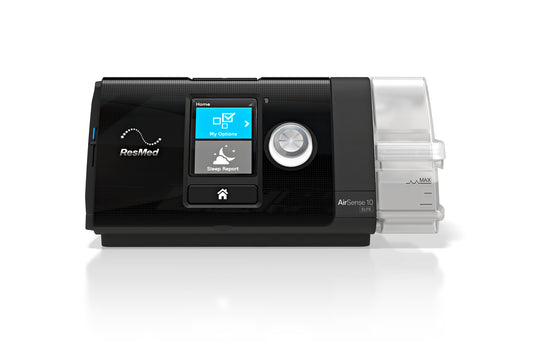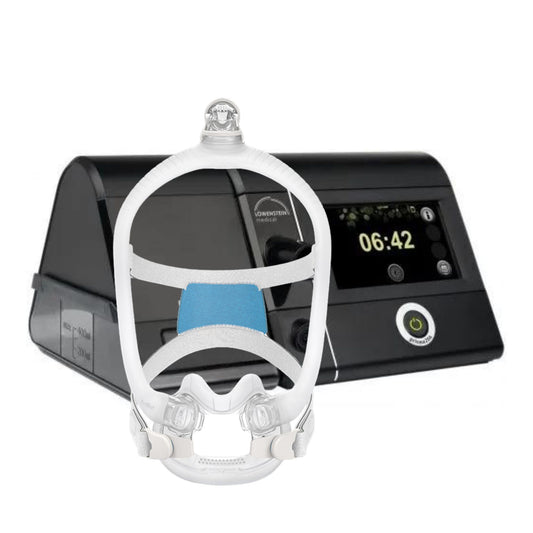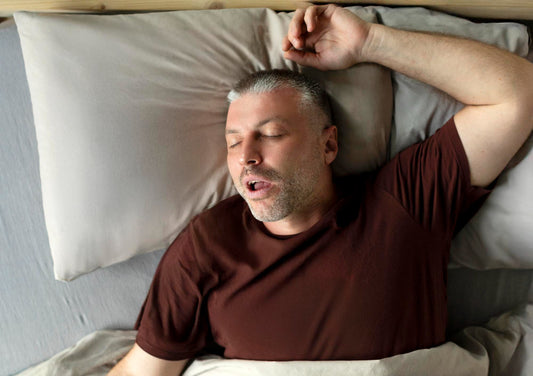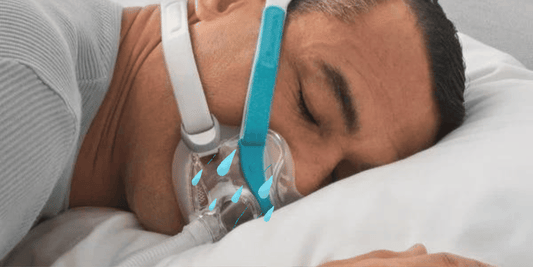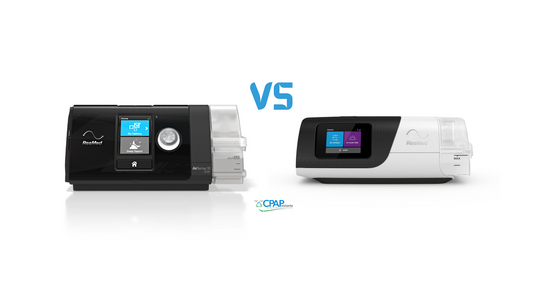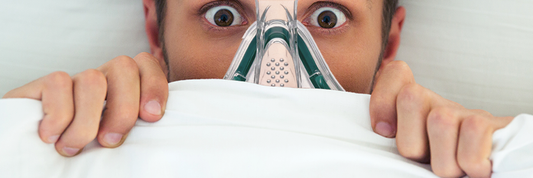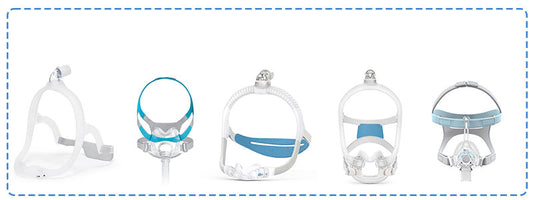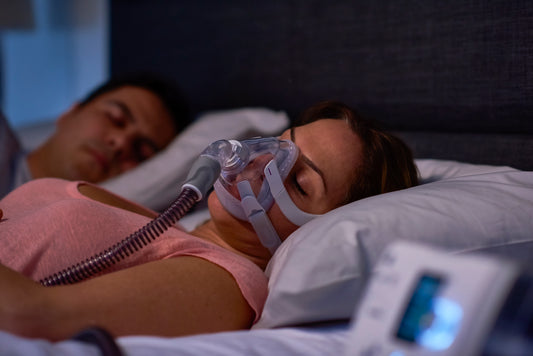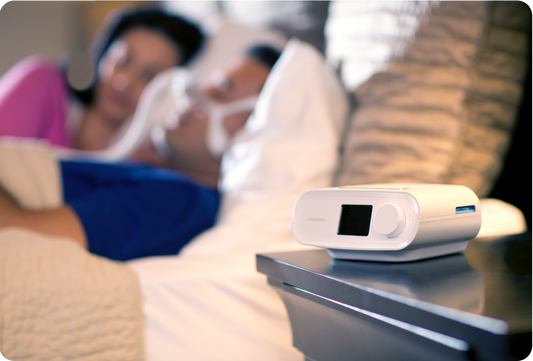Independent studies indicate that sleep-deprived people have more difficulties in performing their duties and activities during the day. Sleep deprivation does not pertain to a day or two of sleepless nights due to a variety of reasons but pertains to a chronic lack of sleep for months or years.
On average, an adult needs 8 hours of sleep for his body and system to “refresh”. We have an inherent sleep drive that builds up throughout the day as we remain awake. As the day progresses, we feel an overwhelming heaviness to sleep. This “heaviness” or “pressure” is alleviated as we sleep. This process happens daily. If sleep is chronically disrupted, then the pressure builds up.
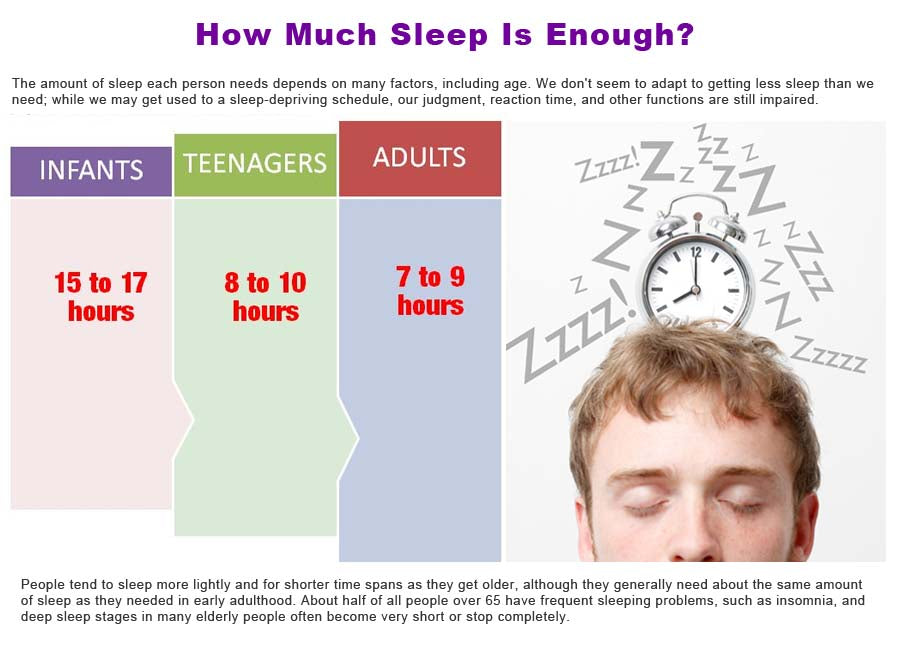
Lack of sleep has been found to aggravate symptoms of sleep disorders such as sleepwalking and sleep paralysis, which become more likely to happen more often due to lack of sleep.
Symptoms of Lack of Sleep
The symptoms of sleep deprivation differ depending on how long a person goes without sleep. The reality is that insufficient sleep impacts us across the board – physically, emotionally, and mentally. Research suggests that when sleep is limited, it detrimentally influences our pain tolerance, emotional regulation, glucose metabolism, and immune system functions.
Physical Signs
Lack of sleep affects our energy. A study done by the Great British Sleep Survey showed that those who lack sleep are twice as likely to feel very tired. Statistics indicate that 88% of poor sleepers have less energy than those who get enough sleep.
Feeling sleepy or having trouble staying awake during the day while doing work is another symptom. Some fall asleep while eating, talking, driving, or just sitting down.
Feeling lightheaded is another consequence of chronic lack of sleep. Tension headache, compounded by light-headedness and dizziness may be attributed to lack of sleep. Other physical symptoms are:
• feeling hungry all the time as lack of sleep increases the production of ghrelin (hunger hormone)
• weight gain due to the overproduction of ghrelin; slow metabolism
• motor skills are impaired
Emotional symptoms
A chronically sleep-deprived person is more irritable and in a low mood. Studies indicate that people who lack sleep are more impulsive and more emotional. In most cases, restorative sleep alleviates sleep deprivation but if the underlying cause is a form of sleep disorder, then that disorder must be treated first to get relief from sleep deprivation.
Mental symptoms
Research indicates that poor sleep or lack of it leads to poor concentration and memory. Sleep-deprived people have difficulty in focusing on tasks and in sustaining attention. The same study indicated that more than 60% of poor sleepers struggled to concentrate and could not think clearly. Making sensible decisions became harder.
Other studies found that people who suffer from chronic lack of sleep also have difficulty seeing and have poor skin conditions.
If sleep deprivation is due to a sleep disorder, the correct thing to do is to see a doctor to determine what tests to do.
Find a clinic or call us now for a consultation 1300 750 006.
